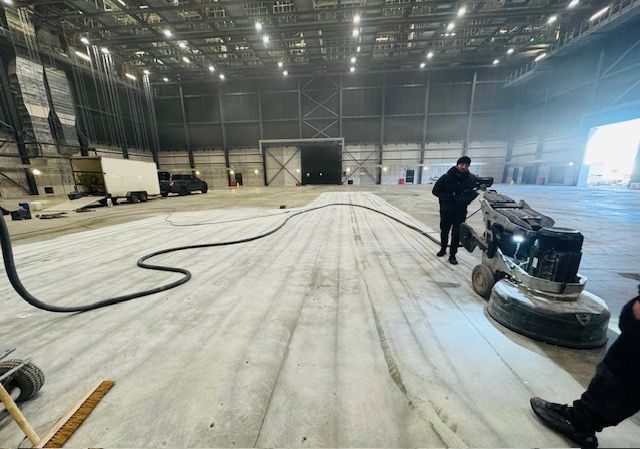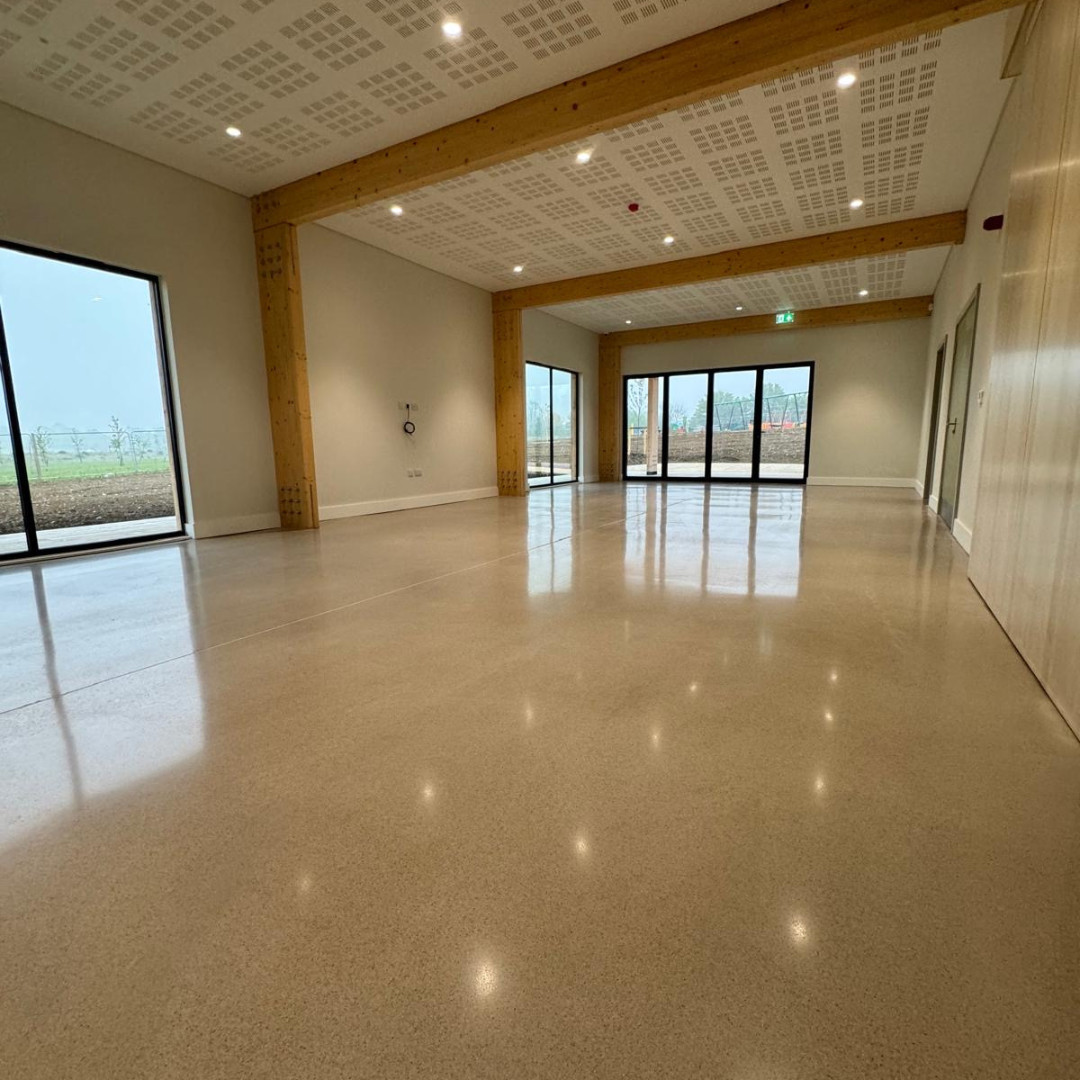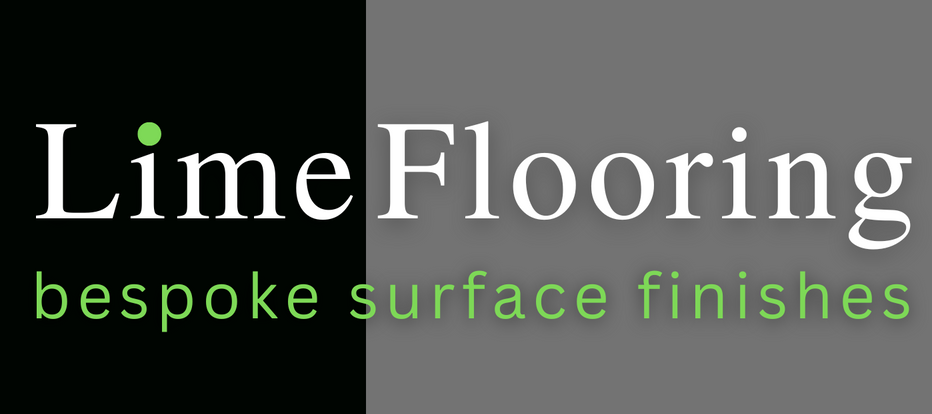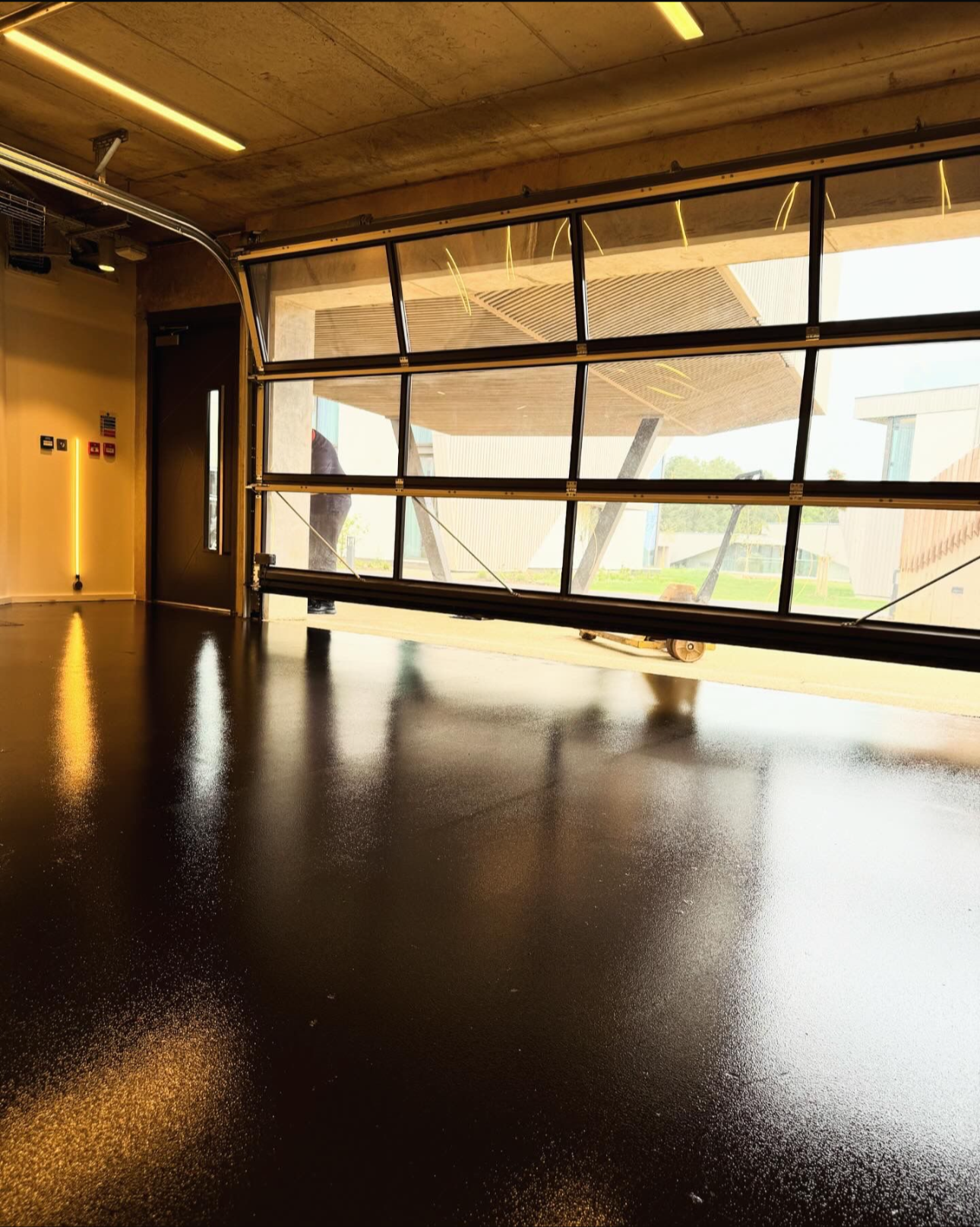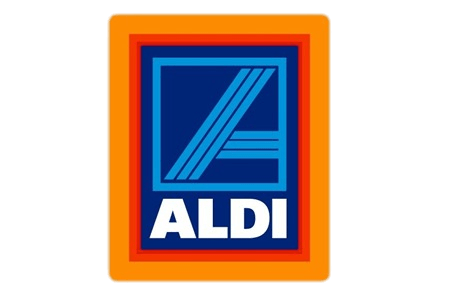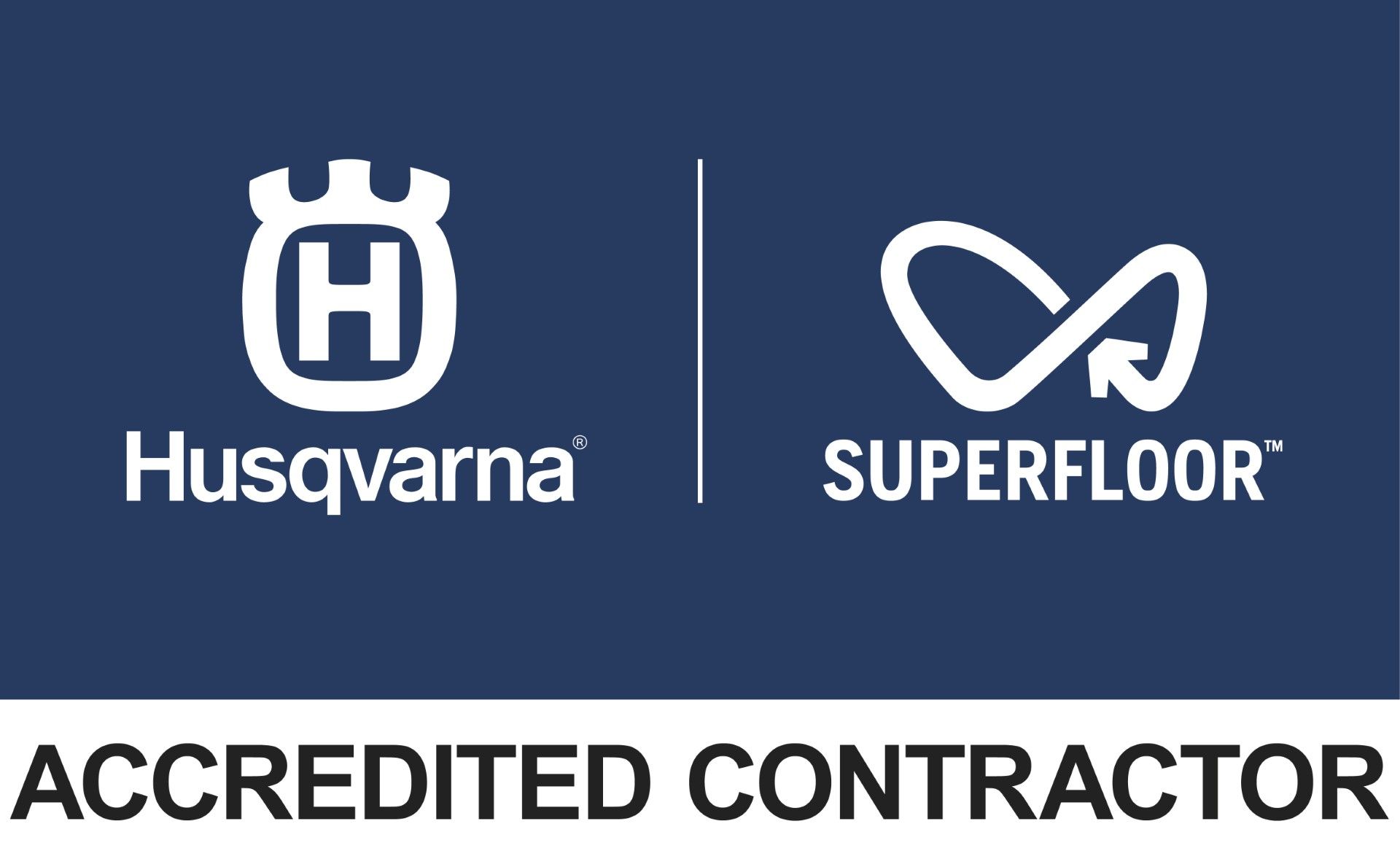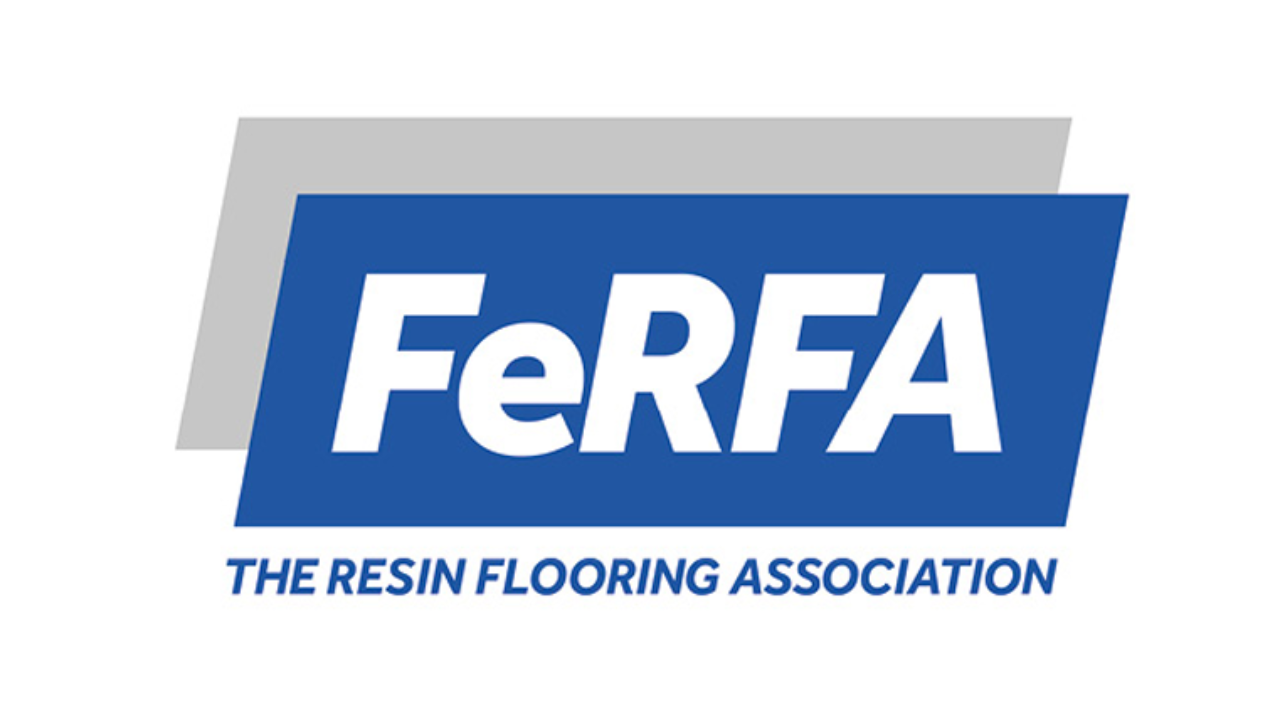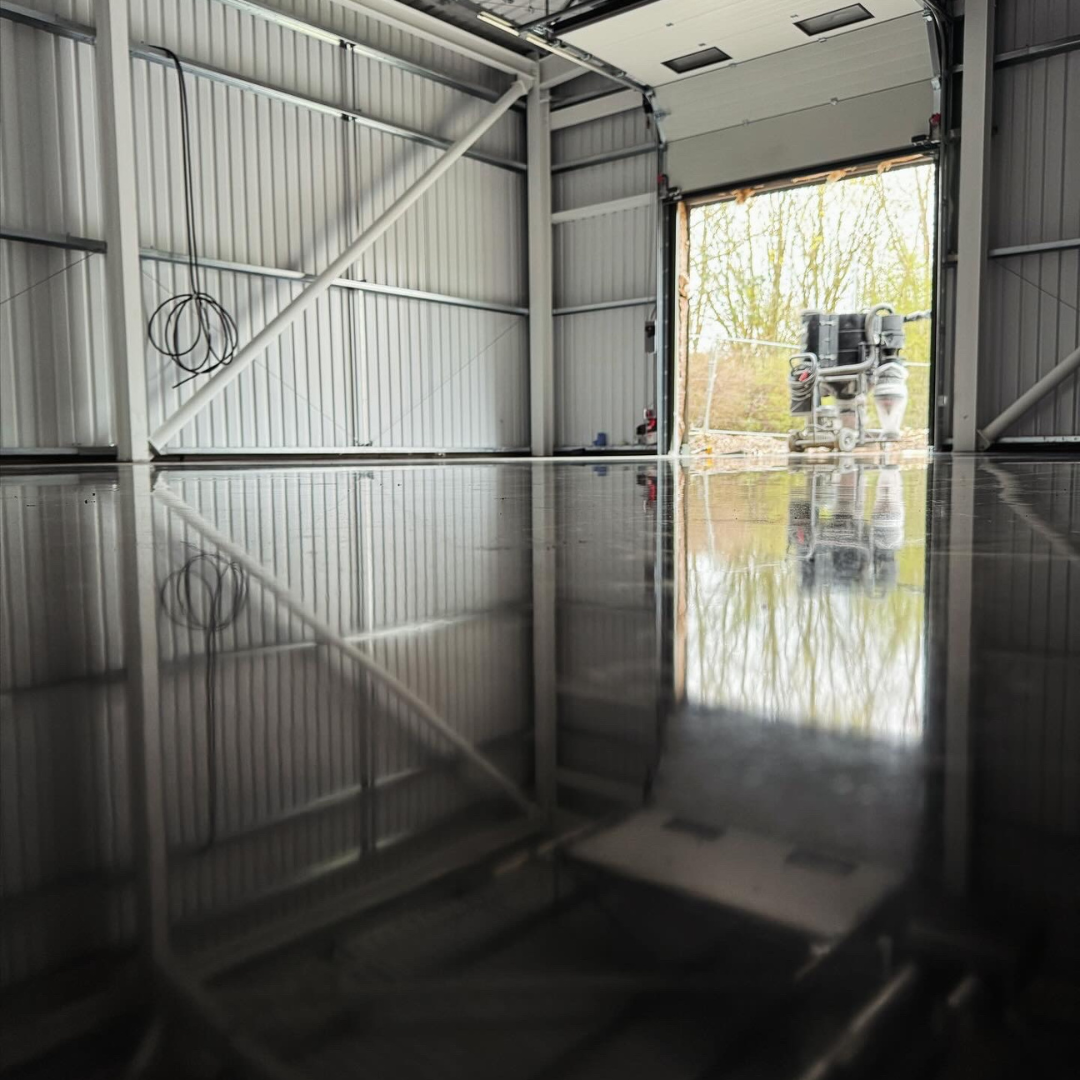Commercial Polished Concrete vs. Other Commercial Flooring Options: Pros and Cons
Your best commercial flooring options
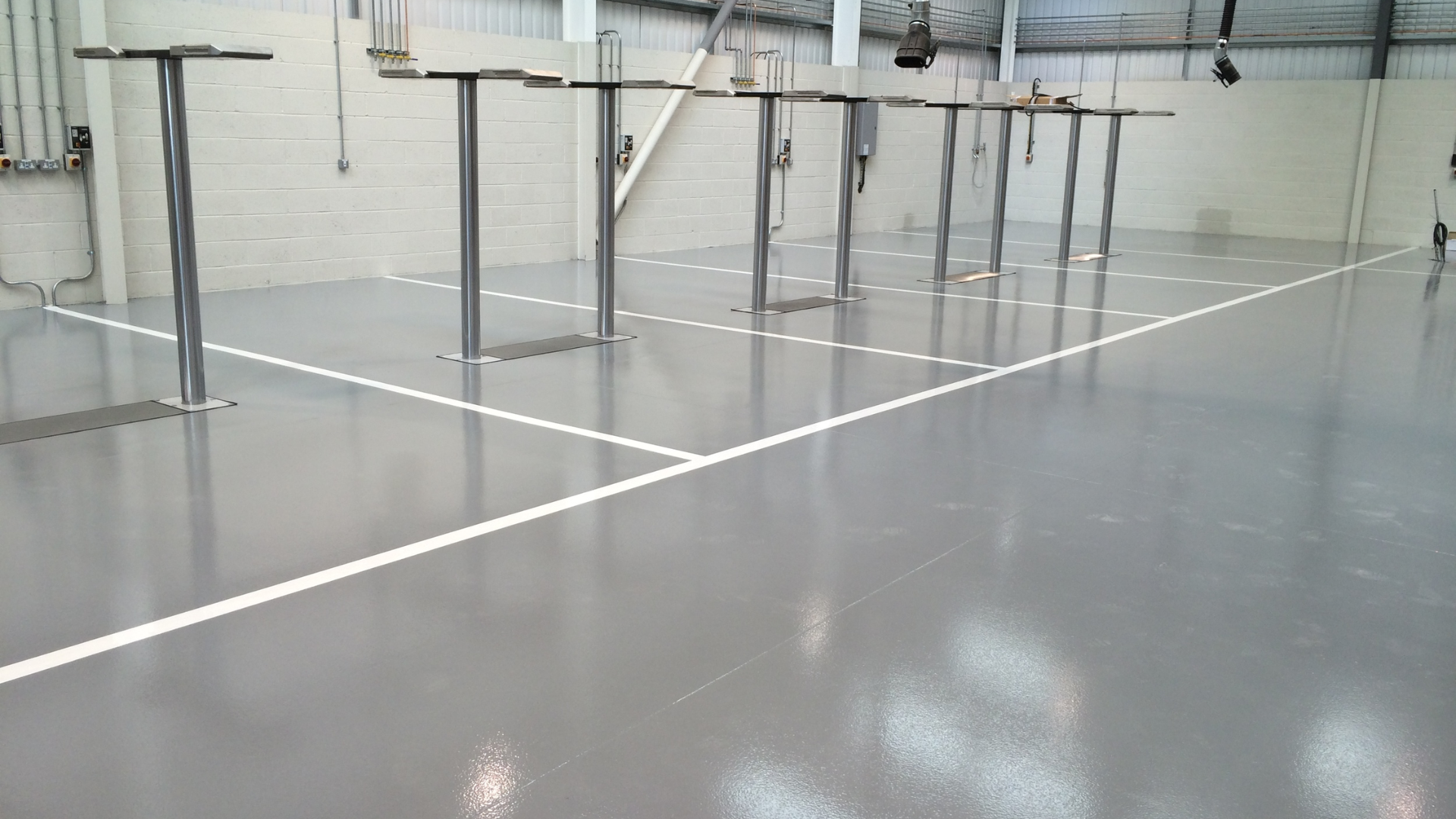
As a business owner, one of the crucial decisions you'll face when upgrading your commercial space is choosing the right flooring. Your flooring choice not only impacts the aesthetics but also affects your business's functionality and maintenance costs. In this article, we'll explore the pros and cons of commercial polished concrete compared to other popular commercial flooring options, helping you make an informed decision for your business.
Commercial Polished Concrete: A Versatile and Durable Choice
Commercial polished concrete has emerged as a highly sought-after flooring solution for various commercial settings. The process involves mechanically grinding and polishing the concrete surface to create a smooth and shiny finish. The popularity of polished concrete stems from its remarkable attributes, including:
Durability and Longevity
Polished concrete is known for its exceptional durability, making it highly resistant to heavy foot traffic and wear and tear from daily business activities.
With proper maintenance, polished concrete can last for decades, reducing the need for frequent replacements and saving you money in the long run.
Low Maintenance Requirements
Unlike some other flooring options, polished concrete requires minimal upkeep. Regular sweeping and occasional damp mopping are typically sufficient to maintain its pristine appearance.
The reduced maintenance efforts translate to lower cleaning costs, which can be a significant advantage for businesses.
Aesthetically Appealing and Modern
The smooth, glossy finish of polished concrete imparts a sleek and modern look to commercial spaces, enhancing the overall aesthetics of your business environment.
Additionally, polished concrete can be stained in various colours and patterns to suit your branding or interior design preferences.
High Resistance to Stains and Scratches
Polished concrete is highly resistant to stains, making it an excellent choice for businesses prone to spills and accidents.
Its surface hardness also protects against scratches and scuffs, ensuring that your floors maintain their beautiful appearance over time.
Eco-friendly and Sustainable Option
Choosing polished concrete promotes sustainability, as it utilises the existing concrete slab, reducing the need for additional materials.
Moreover, the process of polishing concrete avoids the use of harmful chemicals, making it an environmentally friendly flooring choice.
Alternative Commercial Flooring Options: Pros and Cons
While polished concrete offers numerous advantages, it's essential to explore other commercial flooring options to find the best fit for your specific business needs. Let's delve into the pros and cons of some popular alternatives:
Vinyl Flooring
Vinyl flooring is a versatile option available in various designs, patterns, and textures. It's an affordable choice and has the following pros and cons:
Pros
Affordability: Vinyl flooring is relatively inexpensive, making it a budget-friendly option for businesses.
Versatility: It comes in a wide array of designs, replicating the look of other materials like wood or tile.
Moisture Resistance: Vinyl is water-resistant, making it suitable for areas prone to spills.
Cons
Less Durability: While vinyl is durable, it may not withstand heavy traffic as well as polished concrete.
Prone to Scratches and Dents: High foot traffic and heavy furniture may cause scratches and dents on the surface.
Carpet Tiles
Carpet tiles offer comfort and sound insulation, making them popular for office spaces and commercial environments. Consider these pros and cons:
Pros
Comfort and Warmth: Carpet tiles provide a comfortable underfoot experience, ideal for spaces where employees spend extended periods standing.
Sound Absorption: They reduce noise levels, creating a quieter work environment.
Easy Replacement: In case of damage or stains, individual carpet tiles can be replaced without replacing the entire carpet.
Cons
Susceptible to Staining: Carpet tiles may require regular cleaning and maintenance to keep them looking fresh.
Wear and Tear: Over time, high-traffic areas may wear out, requiring periodic replacements.
Ceramic Tiles
Ceramic tiles are a classic and elegant flooring option, commonly used in commercial spaces like restaurants and retail stores. Here are their pros and cons:
Pros
Durability: Ceramic tiles are highly durable and can withstand heavy foot traffic.
Water Resistance: They are ideal for areas with exposure to water, such as bathrooms and kitchens.
Wide Range of Designs: Ceramic tiles offer a plethora of designs, textures, and colours.
Cons
Cold Surface: In colder climates, ceramic tiles may feel chilly underfoot.
Grout Maintenance: Proper maintenance of grout lines is essential to prevent discolouration and deterioration.
Potential for Chipping: Heavy objects dropped on ceramic tiles may cause chipping or cracking.
Epoxy Flooring
Epoxy flooring is a popular choice for industrial and commercial settings due to its durability and chemical resistance. Let's examine its pros and cons:
Pros
Seamless and Hygienic: Epoxy creates a seamless surface, preventing the accumulation of dirt and bacteria.
Chemical Resistance: It withstands chemical spills and is easy to clean, making it suitable for manufacturing and laboratory facilities.
Durability: Epoxy is highly durable and can endure heavy loads and impact.
Cons
Limited Design Options: Epoxy flooring offers limited customizability in terms of design and colour.
Slippery When Wet: Without slip-resistant additives, epoxy can become slippery when wet.
Recoating Required: Over time, epoxy floors may need recoating to maintain their appearance and performance.
Pros and Cons of Commercial Polished Concrete vs. Alternatives
Having explored the pros and cons of both commercial polished concrete and alternative flooring options, let's now delve into a comprehensive comparison to help you make an informed decision.
Pros of Commercial Polished Concrete
Superior Durability: Polished concrete's exceptional durability ensures it can withstand heavy foot traffic and the wear and tear of commercial use.
Cost-Effectiveness: While the initial installation cost may be higher, the reduced maintenance and longevity of polished concrete result in long-term cost savings.
Modern Aesthetics: The sleek, glossy finish of polished concrete enhances the professional appearance of your business space.
Low Maintenance: Polished concrete requires minimal maintenance, leading to lower cleaning expenses.
Eco-Friendly Choice: By utilising the existing concrete slab and avoiding the use of harmful chemicals, polished concrete promotes environmental sustainability.
Cons of Commercial Polished Concrete
Initial Cost: The upfront cost of installing polished concrete may be higher compared to some alternatives.
Slippery When Wet: Polished concrete can be slippery when exposed to water; however, applying a slip-resistant sealer can mitigate this issue.
Resealing Requirement: Periodic resealing may be necessary to maintain the shine and protect the surface.
Factors to Consider for Your Business Upgrade
As a business owner, it's essential to consider several factors before finalising your flooring decision. Here are some key considerations:
Foot Traffic and Usage Patterns
Analyse the level of foot traffic in different areas of your commercial space. High-traffic areas may benefit from the durability of polished concrete.
Consider the specific activities in each area to determine the appropriate flooring type. For example, areas prone to spills may require flooring with high resistance to stains.
Budget and Long-Term Cost Implications
Assess your budget and long-term financial goals. While some flooring options may have lower initial costs, they might entail higher maintenance expenses over time.
Take into account the expected lifespan of each flooring option and weigh it against the initial installation cost to determine the most cost-effective choice.
Brand Image and Desired Aesthetics
Consider your brand image and the desired aesthetics of your commercial space. Polished concrete's modern appearance may align well with contemporary businesses, while other options like carpet tiles might offer a cosier ambiance.
Safety Requirements and Regulations
Prioritise safety by selecting a flooring option that meets the necessary safety standards and regulations. Address potential slip hazards in areas prone to water exposure.
Environmental Impact and Sustainability
If your business places a strong emphasis on sustainability, polished concrete's eco-friendly attributes might align with your values.
Consider the environmental impact of each flooring option, including resource consumption, waste generation, and maintenance requirements.
Personal Anecdote: Making the Right Choice for a Thriving Retail Space
As a commercial flooring expert, I once collaborated with a business owner, Sarah, who was seeking to upgrade her retail store's flooring. Sarah's store experienced heavy foot traffic, especially during peak hours. She wanted a flooring solution that would enhance her store's aesthetics while ensuring longevity and ease of maintenance.
After carefully considering the pros and cons of various options, including vinyl, carpet tiles, and polished concrete, we opted for commercial polished concrete. Sarah was intrigued by its modern and glossy appearance, which perfectly complemented her store's contemporary vibe. The durability of polished concrete reassured her that it could withstand the bustling activity of her retail space without showing signs of wear.
Several months after the installation, Sarah shared her satisfaction with the choice of polished concrete. She highlighted how the low maintenance requirements helped her save both time and money, allowing her to focus more on her customers and business growth.
In conclusion, choosing the right commercial flooring for your business is crucial for aesthetics, functionality, and overall success. Commercial polished concrete emerges as a versatile and durable option with numerous benefits, including longevity, low maintenance, and eco-friendliness. However, considering the unique needs of your commercial space is essential, and alternative options like vinyl, carpet tiles, ceramic tiles, and epoxy flooring offer their own set of advantages.
When making your flooring decision, consider factors such as foot traffic, budget, brand image, safety requirements, and sustainability goals. By carefully evaluating the pros and cons of each option, you can select the best flooring solution that aligns with your business vision and fosters a thriving environment.
If you're ready to upgrade your commercial flooring and are seeking expert advice, we're here to help. Visit our
contact page to schedule a consultation with our team of specialists, and let's transform your commercial space into a stylish, durable, and functional environment. Your business deserves the best, and we're committed to delivering outstanding results tailored to your specific needs.
Get in Touch
